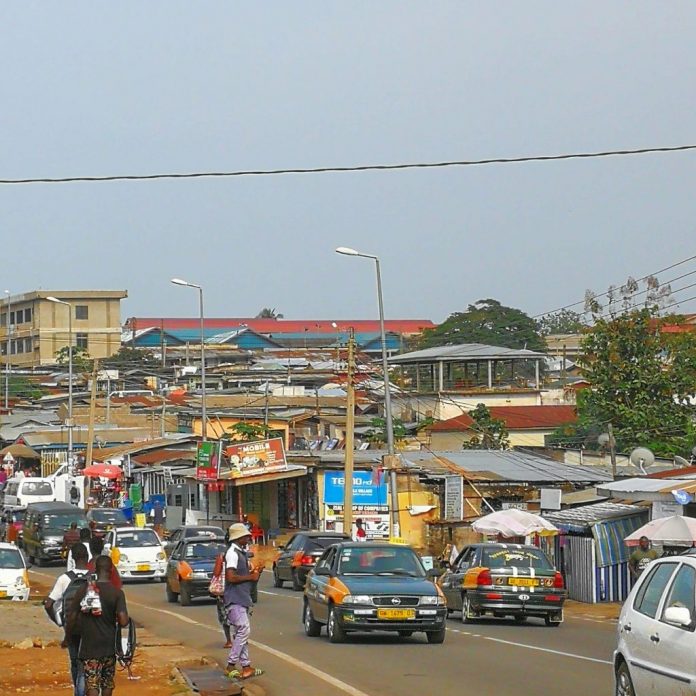Ghana, Ho — The Volta Regional Environmental Health Office has taken a firm stance to support the municipal and district assemblies in various ways to swiftly prosecute property owners who fail to provide decent toilets in their houses.
The move is to drum home the age-long message that public latrines in the various towns and communities are not meant for local residents, Regional Environmental Health Officer (REHO), Madam Sybil Marie Boison explained.
She made it clear in an interview in Ho on Monday that public toilets were expected to be used by people in transit, such as visitors, mourners at funeral, travellers and tourists among others.
The REHO said that public toilets also came in handy at lorry stations and markets for people who were struck by nature’s call.
She said that during big events which attracted large gatherings to many homes, it was only proper to reduce the pressure on the household toilets and that made the public latrines useful.
“It is, therefore, unfortunate to see people leaving their homes and crossing the streets to use public toilets,” Madam Boison added.
Every house must have a toilet by law, but many landlords and other property owners had ignored that directive for far too long, she observed.
The REHO revealed that a recent revolving fund to support local residents in the Ho municipality to construct household toilets, for instance, received very low patronage from property owners because of the widespread lack of interest in the scheme.
Still, on prosecutions, Madam Boison said that the REHO would carry out an exercise to identify houses without toilets and also gather relevant information on the owners and hand them over to the assemblies to initiate the court processes.
Madam Boison entreated traditional authorities to take bold steps to construct and manage communal toilets in the communities and manage them efficiently, rather than looking up to the assemblies at all times for such facilities.
Source: Ghanaian Times

Putting a spotlight on business, inventions, leadership, influencers, women, technology, and lifestyle. We inspire, educate, celebrate success and reward resilience.















